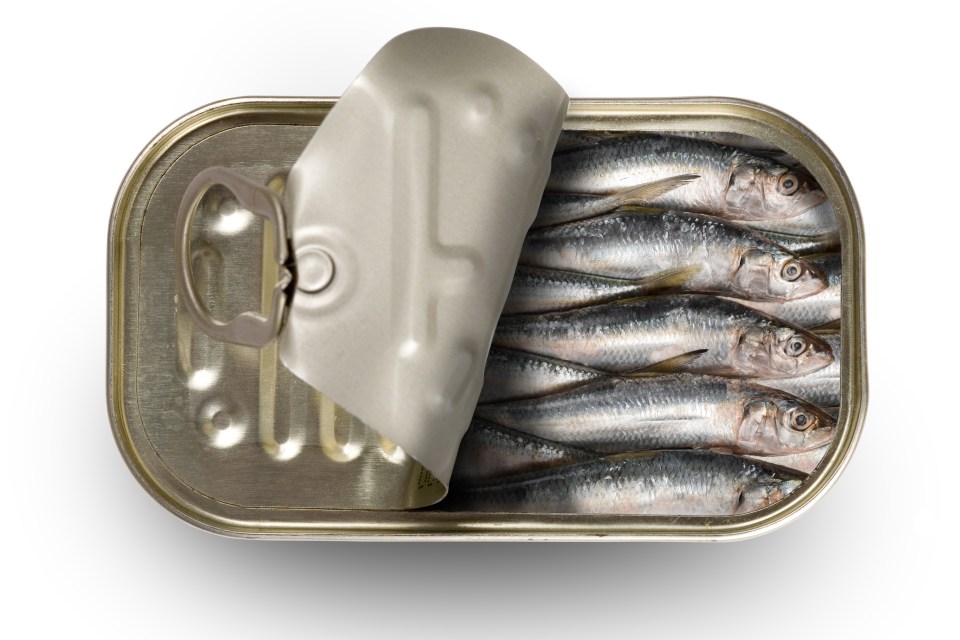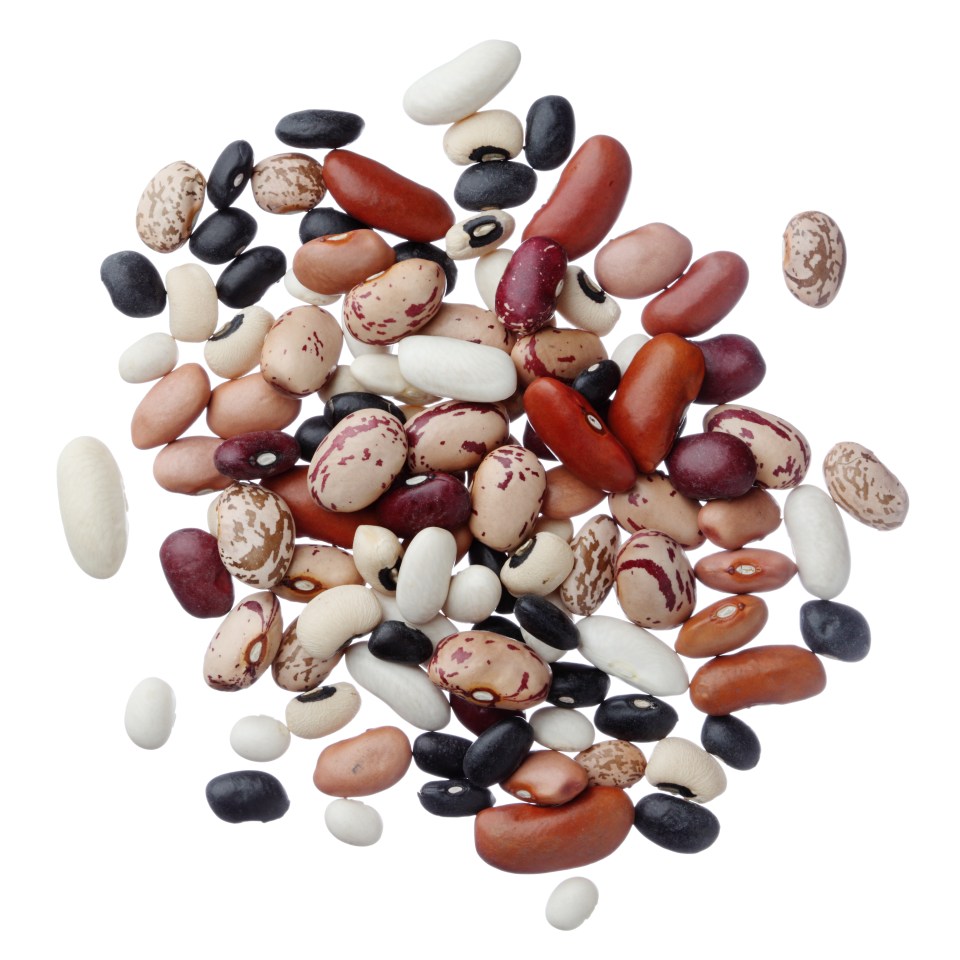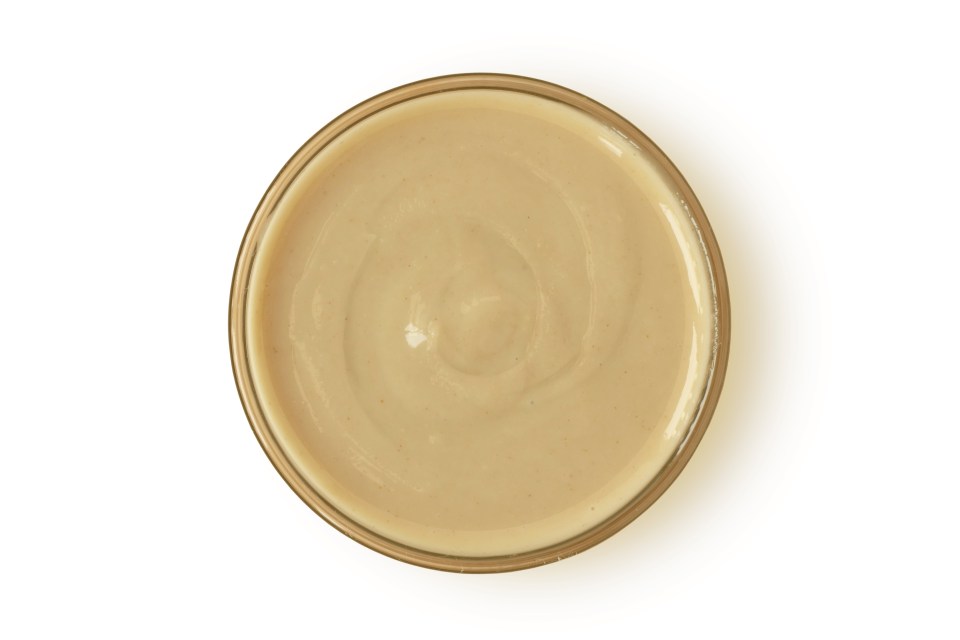EATING a healthy diet can get complicated.
Every other day, social media bombards us with a new must-try “superfood”, supplement or app, and another influencer makes a trend seem like a miracle fix.
But here’s a refreshing thought: some of the most unsung food heroes could already be sitting at the back of your cupboards.
For example, there’s nothing exotic or expensive about tinned fish, yet it’s a winning food to support the brain.
So, move over, lion’s mane mushrooms – here are some of the best foods to improve your health that you might have forgotten.
Brain Health: Tinned Fish
Sardines, mackerel and salmon… Tinned fish was once a staple of our diets, so why are we now largely ignoring them?
“Tinned fish are rich in omega-3s, EPA and DHA, which support everything from brain function to heart health,” says Marilia Chamon, registered nutritional therapist and founder of Gutfulness Nutrition.
One 2022 study published in Neurology showed that people who have higher levels of omega-3 fatty acids in their blood during midlife have better thinking skills and brain structure.
Omega-3s help to reduce inflammation, too, which could protect against neurodegenerative diseases, such as Alzheimer’s and Parkinson’s.
“Inflammation is like leaving the fire alarm on all day – you eventually get system-wide wear and tear, which may lead to chronic diseases,” says Marilia.
“I usually suggest going for versions in olive oil, water or brine.”
Try tinned salmon in a creamy pasta, sardines in a bolognese or on toast, and mackerel in a Mediterranean-style salad.
High Blood Sugar: Cinnamon
Have you been told you need to keep your blood sugars in check?
Make sweet cinnamon a go-to. “Cinnamon may help with blood sugar control, especially for those with insulin resistance, as it could help move sugar out of the bloodstream and into the cells, like insulin does,” says Marilia.
“One to two teaspoons a day seems effective, according to a study published in the International Journal Of Food Science.”
Stir cinnamon into porridge, yoghurt, smoothies and coffee, or sprinkle over fruit.
Sluggish Gut: Mixed Beans
Are your bowels feeling sluggish? Give your digestion a gentle push with fibre-filled beans.
“Beans and legumes, such as lentils, are a great source of fibre to reduce constipation,” says Clare Thornton-Wood, a specialist dietician at the British Dietetic Association.
“They’re good for gut microbes, too. Our gut is full of trillions of bacteria – some good, some bad.
“Aim to increase the good bacteria, which need feeding with prebiotics, such as beans.”
Half a can of mixed beans contains around 8.5g of fibre, and we should be consuming 30g of fibre each day.
A large handful of mixed beans makes a healthy addition to salad, bolognese or chilli con carne.
Hormones: Seed Toppers
Seeds are little powerhouses of essential nutrients that play a supportive role in overall hormone health.
“Each seed provides different benefits,” says Marilia.
“Pumpkin seeds are a great source of zinc, which plays a key role in hormone production, while flaxseeds are brilliant for hormone balance.”
Lignans are plant compounds that mimic the female sex hormone oestrogen, and may help “top up” oestrogen signals in those who have low levels and the associated symptoms, such as those going through perimenopause.
“Sesame seeds contain magnesium, which helps regulate the stress response and supports restful sleep, which is essential for healthy hormone production,” adds Marilia.
“I recommend one to two tablespoons of seeds a day. Sprinkle on porridge, yoghurt, salads, soups and smoothies.”
Cholesterol: Spreads
High cholesterol – when there is too much of a fatty substance called cholesterol in the blood – risks blocked blood vessels and heart-related problems.
Diet is crucial to help manage it. “We have two types of cholesterol: HDL, which is ‘good’ cholesterol; and LDL, ‘bad’ cholesterol.
“We want to raise your HDL and lower your LDL,” says Clare.
Cholesterol-lowering spreads, such as Benecol and ProActiv, can do just that, but they only work if your general diet is good.
“They won’t have any benefit if you’re still eating five hamburgers and six sausage rolls a day – you need to pair them with a diet that’s lower in saturated fat.”
Weak Bones: Tahini
More than just a staple ingredient in houmous, tahini could be the secret to extra bone protection.
“Tahini is a good source of calcium,” says Clare.
“It helps to keep our bones strong – without enough calcium, your body will draw it from your bones to maintain the necessary levels in your blood, which over time can weaken your bones.”
Anyone eating a plant-based diet who doesn’t have calcium-rich dairy could benefit from a plant-based source, plus post-menopausal women need more calcium, as hormonal changes can cause bones to weaken.
“Use tahini in salad dressings, drizzle over a stir-fry or use it to make a satay sauce,” says Clare.
To make a salad dressing, combine 1tbsp tahini with 1tsp honey and a squeeze of lemon.
Vegan: Fortified foods
If you don’t eat meat or dairy, certain nutrients are harder to come by.
“For vegan or mostly plant-based diets, fortified plant milks with calcium, B12, iodine and vitamin D can help fill nutritional gaps,” says Marilia.
“Some fortified foods are well formulated and can help you meet daily requirements, while others throw in a token amount, so always check the label and compare with recommended daily intakes.”
Try to choose unsweetened options with minimal sugar and additives.
Fortified nutritional yeast is a high source of vitamin B for people on a plant-based diet.
“Nutritional yeast is a complete protein, so it contains all of the nine essential amino acids that your body can only get from food,” says Marilia.
Thanks to its cheesy flavour, you can use it to give a savoury depth to soups, pasta or roasted veg.
















